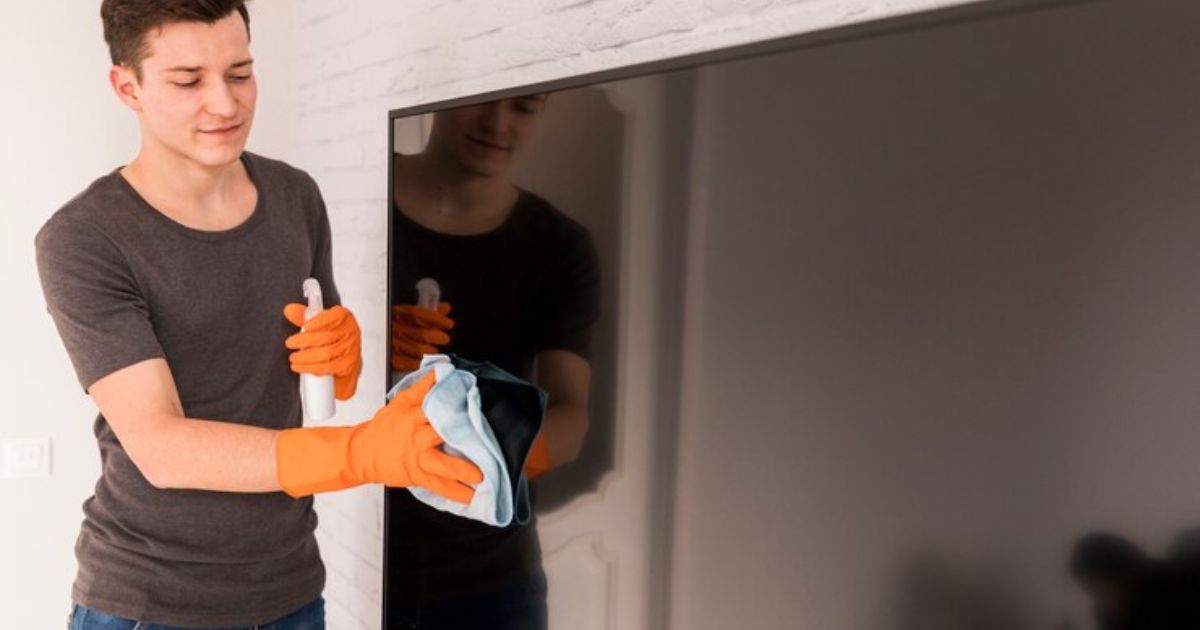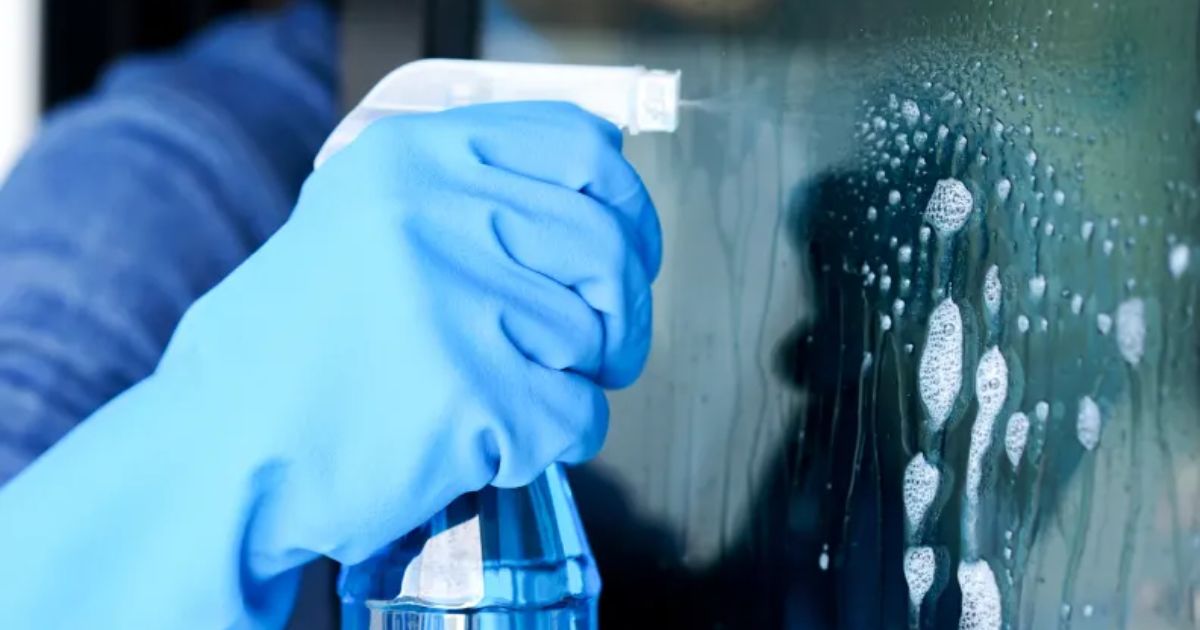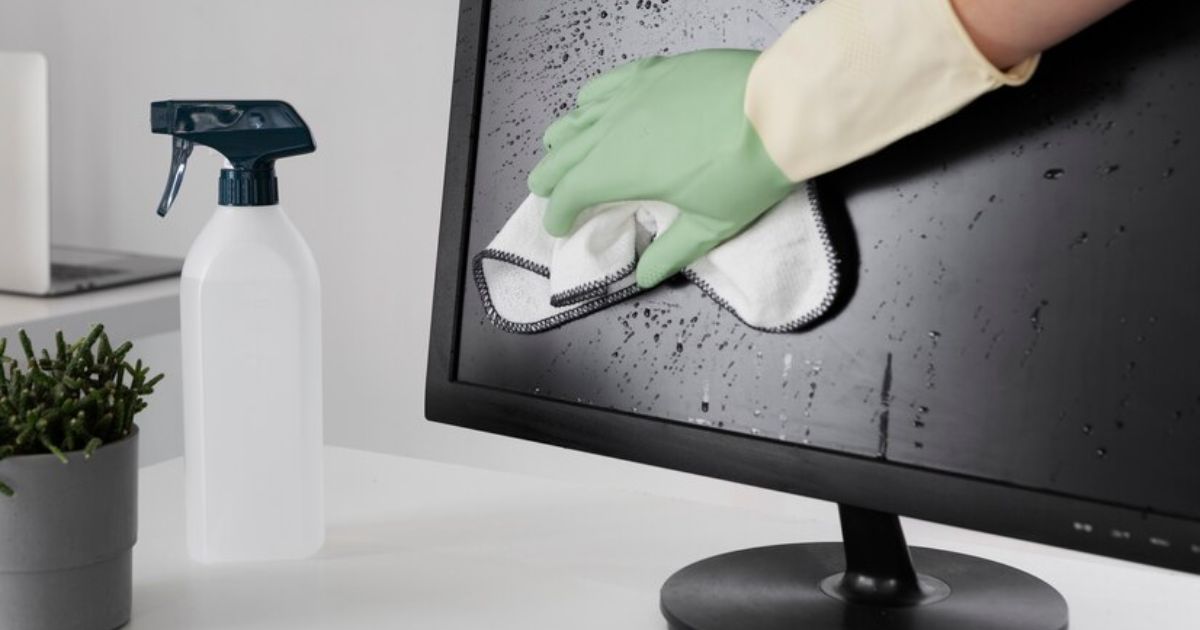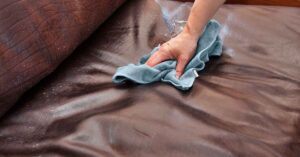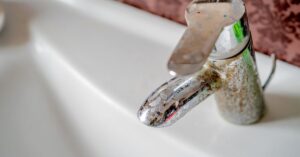“Did you know that 80% of households in the United States own at least one television? With such a ubiquitous presence in our lives, it’s important to know how to properly clean and maintain our beloved cleaning lady cost per hour TVs. One common question that arises is whether it’s safe to use glass cleaner on a TV screen. In this article, we will explore the potential risks, suitable cleaning methods, and expert advice on how to keep your TV screen spotless without causing any damage.”
Key Takeaways
- Glass cleaners may contain chemicals harmful to TV components.
- Ammonia in glass cleaners can damage the anti-glare coating on the screen.
- Harsh chemicals in glass cleaners can cause discoloration or cracking of the TV.
- It is important to choose alternative cleaning methods for electronic devices.
Potential Risks of Using Glass Cleaner on a TV
The use of glass cleaner on a TV poses potential risks that should be considered. While glass cleaners are designed to clean glass surfaces effectively, they may contain chemicals that can harm the delicate components of a TV. One of the main concerns is the presence of ammonia in glass cleaners.
Ammonia can damage the anti-glare coating on the screen, causing it to appear hazy or discolored. Additionally, the chemicals in glass cleaners may be too harsh for the sensitive materials used in the TV’s construction, leading to discoloration, cracking, or even complete failure of the device. It is crucial to be aware of these risks and choose alternative cleaning methods specifically designed for electronic devices. Understanding the composition of glass cleaner can help us make informed decisions about its suitability for cleaning a TV.
Understanding the Composition of Glass Cleaner
One key aspect to consider when assessing the suitability of using glass cleaner on a TV is understanding the composition of the cleaner itself. Glass cleaner typically contains a combination of solvents, surfactants, and additives that are specifically formulated for cleaning glass surfaces. Here are five common components found in glass cleaners:
- Water: serves as the base for the cleaner and helps dissolve dirt and grime.
- Isopropyl alcohol: acts as a solvent to remove oily residues and fingerprints.
- Ammonia: aids in cutting through grease and provides streak-free cleaning.
- Surfactants: reduce the surface tension of the cleaner, allowing it to spread evenly and penetrate dirt.
- Fragrances: add a pleasant scent to the cleaner.
It is important to note that not all glass cleaners are suitable for use on TVs, as some may contain harmful ingredients that could damage the screen.
Impact of Glass Cleaner on TV Screen Coatings
Glass cleaners can have a significant impact on the coatings of a TV screen. Most TV screens are coated with a thin layer of anti-glare or anti-reflective coating. These coatings are delicate and can be easily damaged by harsh cleaning chemicals found in glass cleaners. It is important to avoid using glass cleaners on TV screens to prevent any potential damage to the coatings. Instead, it is recommended to use a soft, lint-free cloth and a mild cleaning solution specifically designed for electronic screens. Gently wipe the screen in a circular motion to remove any smudges or fingerprints. This will help maintain the integrity of the screen coatings and ensure optimal performance and longevity of your TV.
Recommended Cleaning Methods for TVs
To ensure the longevity and optimal performance of your TV, it is essential to follow recommended cleaning methods. Here are five cleaning methods that will help you keep your TV screen looking its best:
- Use a microfiber cloth: This soft cloth is specifically designed to remove dust and fingerprints without scratching the delicate screen surface.
- Avoid harsh chemicals: Avoid using glass cleaners, solvents, or ammonia-based cleaners, as they can damage the TV’s screen coating.
- Gently wipe the screen: Apply gentle pressure and use smooth, circular motions when cleaning the screen to avoid causing any damage.
- Turn off the TV: Always ensure that the TV is turned off and unplugged before cleaning to prevent any electrical accidents.
- Keep liquids away: Never spray cleaning solutions directly onto the screen. Instead, spray the solution onto the cloth and then wipe the screen.
Homemade Cleaning Solutions for TV Screens
When cleaning TV screens, it is recommended to use homemade cleaning solutions. These solutions are gentle enough to prevent damage to the delicate screen and can effectively remove dust, smudges, and fingerprints. One simple homemade solution is a mixture of distilled water and isopropyl alcohol. Mix equal parts of these ingredients in a spray bottle and lightly mist the solution onto a microfiber cloth.
Gently wipe the TV screen in a circular motion, being careful not to apply too much pressure. Another option is to use white vinegar diluted with distilled water. Mix one part vinegar with three parts water and apply the solution to a microfiber cloth. Wipe the screen gently to remove dirt and grime. It is important to avoid using abrasive materials or harsh chemicals, as they can damage the screen. By using homemade cleaning solutions, you can keep your TV screen clean and clear without the risk of causing any harm.
Professional Cleaning Services for TVs
Professional cleaning services offer a reliable solution for maintaining the cleanliness and longevity of your TV screen. These services are performed by trained professionals who have the knowledge and expertise to handle delicate electronic devices. Here are some benefits of hiring professional cleaning services for your TV:
- Specialized equipment: Professional cleaners use specialized tools and equipment specifically designed for cleaning electronic screens, ensuring a thorough and gentle cleaning process.
- Safe and effective cleaning solutions: They use safe and effective cleaning solutions that are specifically formulated to remove dust, fingerprints, and smudges without causing any damage to the screen.
- Expertise in handling delicate screens: Professional cleaners have experience in handling delicate screens, minimizing the risk of accidental damage during the cleaning process.
- Time-saving: Hiring professionals saves you time and effort, as they have the necessary tools and techniques to complete the cleaning quickly and efficiently.
- Long-term maintenance: Regular professional cleaning helps to prolong the lifespan of your TV screen, ensuring optimal performance and picture quality.
Tips for Preventing Smudges and Dirt Buildup on TV Screens
Using an appropriate cleaning solution is essential for preventing smudges and dirt buildup on TV screens. Regularly cleaning your TV screen not only enhances the viewing experience but also prolongs the lifespan of the device. To prevent smudges and dirt buildup, it is advisable to use a microfiber cloth, as it is gentle and will not scratch the screen. Avoid using paper towels or rough fabrics, as they can damage the screen.
When cleaning, lightly dampen the cloth with water or a specialized screen cleaning solution. Gently wipe the screen in a circular motion, being careful not to apply too much pressure. It is also important to avoid spraying the cleaning solution directly onto the screen to prevent damage. By following these tips, you can keep your TV screen free from smudges and dirt buildup, ensuring optimum viewing quality.
FAQ,s
Can Using Glass Cleaner on a TV Screen Cause Permanent Damage?
Using glass cleaner on a TV screen can potentially cause permanent damage. The chemicals in glass cleaner may be too harsh for the delicate surface of the TV screen, leading to discoloration, scratches, or even the removal of the protective coating.
What Are Some Alternative Cleaning Methods for TVs That Do Not Involve Glass Cleaner?
When it comes to cleaning your TV, using glass cleaner may not be the best option. There are alternative methods that are safe and effective, such as using a microfiber cloth and a solution of water and mild detergent.
Are There Any Specific Brands of Glass Cleaner That Are Safe to Use on TV Screens?
There are specific brands of glass cleaner that are safe to use on TV screens. However, it is important to check the manufacturer’s recommendations before applying any cleaner to avoid damage to the screen.
Can Using Glass Cleaner on a TV Screen Affect the Image Quality or Clarity?
Using glass cleaner on a TV screen can potentially affect image quality and clarity. The chemicals in glass cleaner may damage the screen’s protective coating or cause streaks and smudges, leading to a distorted or blurry image. It is advisable to use a cleaner specifically designed for electronics.
Are There Any Particular Types of TV Screens That Are More Sensitive to Glass Cleaner Than Others?
Certain types of TV screens, such as OLED or plasma, may be more sensitive to glass cleaner than others due to their delicate nature. It is recommended to consult the manufacturer’s guidelines to ensure proper cleaning methods are followed.
Conclusion
In conclusion, using glass cleaner on a TV can pose potential risks to the screen’s coatings and overall functionality. It is important to understand the composition of glass cleaner and its impact on TV screens before attempting any cleaning methods. Recommended cleaning methods for TVs include using microfiber cloths or homemade solutions specifically designed for electronics. Alternatively, seeking professional cleaning services can ensure a safe and effective cleaning process. Remember, prevention is key, so regularly dusting and avoiding touching the screen can help prevent smudges and dirt buildup.
